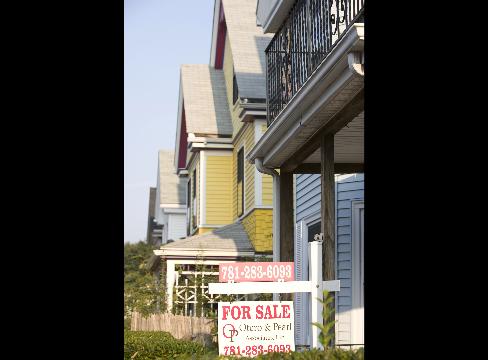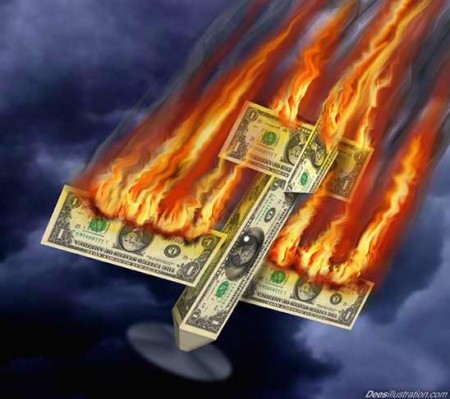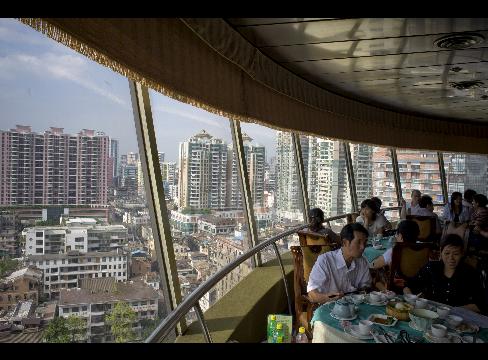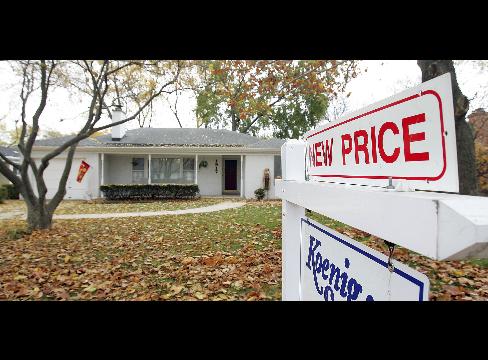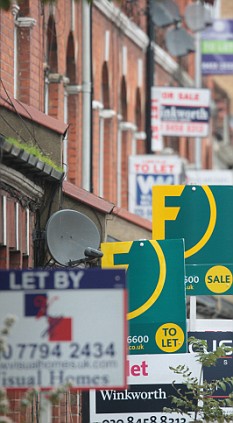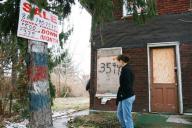Nothing changes the picture that the housing market is in free fall and has considerably further to go given the scarcity of mortgage finance

House prices fell by 2.5% in December, says Nationwide. Photo: Andrew Parsons
You have to hand it to the Nationwide, and, indeed, the Halifax.
Both lenders, in producing their monthly reports showing prices fell more than 2% in a single month in December, are saying that things are not as bad as they look.
The pace of decline is steadying, they argue, rather than accelerating. The Nationwide said this morning argued that the three-month on three-month fall was “only” 4.2%. That may be true but it would still give you an annualised fall of 17%.
Its monthly figure of 2.5% would give you an annualised figure of 30% while the Halifax’s December figure of 2.2% down, reported last Friday, gives you an annualised pace of tumble of around 26%.
The truth is you can take your pick but nothing changes the picture that the housing market is in free fall and has considerably further to go given the scarcity of mortgage finance, particularly for first-time buyers, and given the idea that people don’t want to buy now when they think they can buy cheaper in year’s time.
Quite how far house prices will fall is anyone’s guess. Prices are down now about a fifth from the peak in autumn 2007. Add in inflation over that period of 5-6% and you have a real-term fall of about a quarter.
Read moreMortgage lenders can’t hide the obvious – the housing market is in freefall

